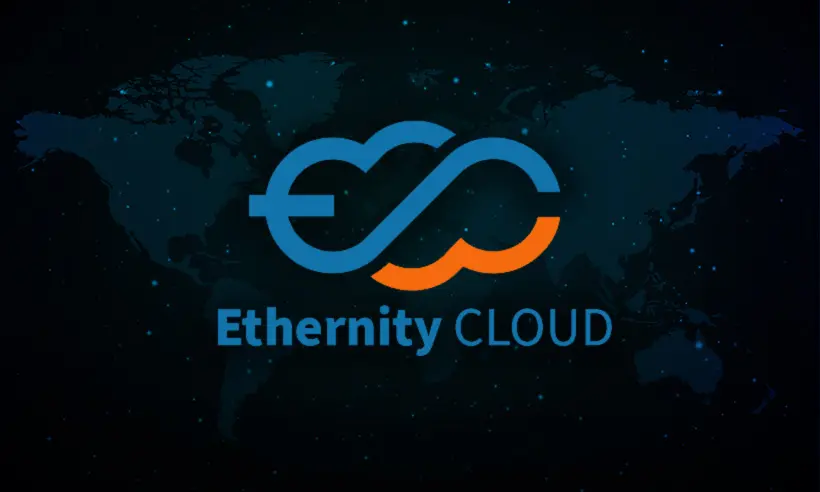The World Wide Web is one invention from the previous century that has arguably had the most considerable influence on how we live now. In the beginning, it was a decentralized ecosystem. The Internet, email solutions, and messaging are just a few examples of the diverse applications built on top of the World Wide Web.
Nevertheless, as we understand it now, the internet is completely centralized, and businesses are massively investing in enormous data farms that house all of our data. Again, decentralization is arriving. What can be the role of decentralized cloud storage in changing the internet? Let us see below.
How Is Decentralized Cloud Storage Changing The Internet?
The advantages of centralization come at the expense of serious disadvantages, including, but not limited to, data intrusions and security invasions, and an absence of authority over the facts. If you look closely, you will see that a select group of technology companies like Google dominate the internet.
Just a small number of 10 significant firms actually control the entire internet. This is not a good thing. Governments can block your access to all programs if there is too much centralization. There are no alternatives that are left for you other than centralization. Nowadays, decentralization is arriving again.
In regard to technology, decentralization refers to the absence of a single source of error and reliance on a centralized authority. Decentralization is a subtype of virtualized environment that, in more technical words, relies on all network participants acting separately to make decisions as opposed to just one.
Decentralization, which is primarily related to administration, decision-making, and management, has been in existence for a while. Most of these innovations came from cryptocurrencies and blockchains. Bitcoin was the first cryptocurrency that brought decentralization a decade ago. It is now the biggest cryptocurrency with the highest market cap.
A method named IPFS was created by Protocol Labs for the upcoming decentralized internet. By creating a more dispersed and decentralized network, it seeks to compete with the established HTTP protocol. To transport any information between a server and a client in the online world, IPFS and HTTP are both hypermedia standards designed for the internet.
Although there are minor distinctions between the two, IPFS intends to displace HTTPS as the internet’s standard mechanism. Rather than employing a single server, IPFS relies on a vast network of nodes that collectively store various blocks of data. Clients connecting to the network can obtain this information by requesting it from the closest node.
Without a doubt, blockchains are irreversible. Privacy protection, safety, and authenticity are new threats posed by decentralized file storage. Luckily, this has been carefully considered, and several blockchain networks handle it in their own special ways. Most of the apps that are covered feature sharding and strong cryptography.
Ethernity Cloud And Filecoin
Files are first separated into blocks, which are then encoded and redistributed across several nodes before being disseminated into the decentralized world. You require your private password to reveal the files in order to get the files. If there is anything bringing fresh decentralization, it is Ethernity cloud.
The Ethernity cloud token price prediction is pretty bullish because the trend of decentralization is bullish in itself. Encryption and decryption are larger viewpoints on the safety of decentralized cloud storage. Decentralized cloud hosting has the potential to be more reliable than currently available centralized alternatives.
A variety of decentralized cloud storage options exist. Several of these are now off the industry and either employ a variation of the IPFS standard or are developed on top of it. Contrary to popular belief, IPFS is only a protocol that may be used as the foundation for many different blockchain systems.
Using Filecoin, a blockchain-enabled decentralized storage system, users with free disc space are encouraged to host bits of data. It is even more interesting because Filecoin was developed on the basis of IPFS. Users may arrive at the market of Filecoin to rent out any unused Terabyte of storage space.
The storage space includes hard drives, single discs, racks, entire data centers, and individual discs. Over its ecosystem, Filecoin has four distinct types of factions, each of which offers a unique set of features. Each one of them has a distinct function to provide decentralization to the users.
Summary
From this post, you have seen the role of decentralized cloud computing in changing the internet. Blockchain is a ground-breaking innovation with uses that go well beyond transactions. These approaches can assist to shatter the “web dominance” by making the web more accessible, inclusive, impartial, censorship-resistant, and global.
They can also assist in decentralizing the internet once more. Decentralized cloud computing projects can work as a lifesaver, extending the bounds of creativity even further, with the rising incidences of security and data leaks and restrictions throughout the world. More and more solutions will arrive in the future.

